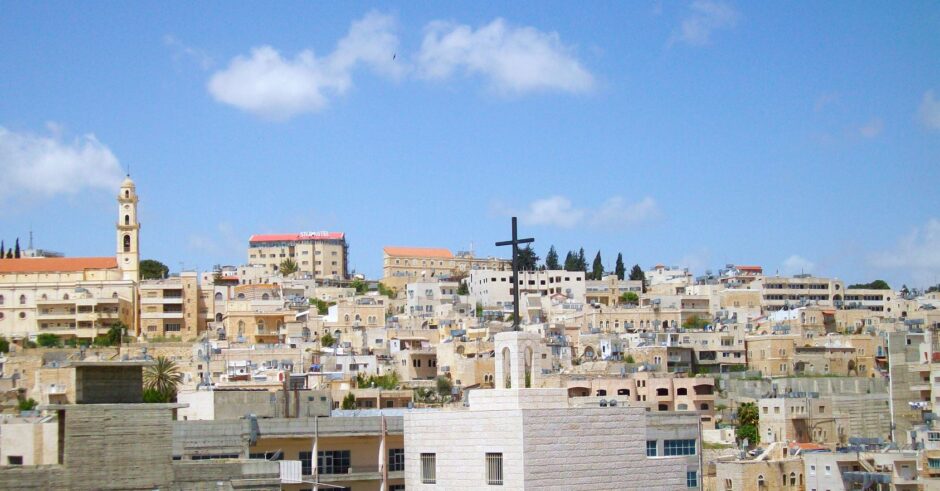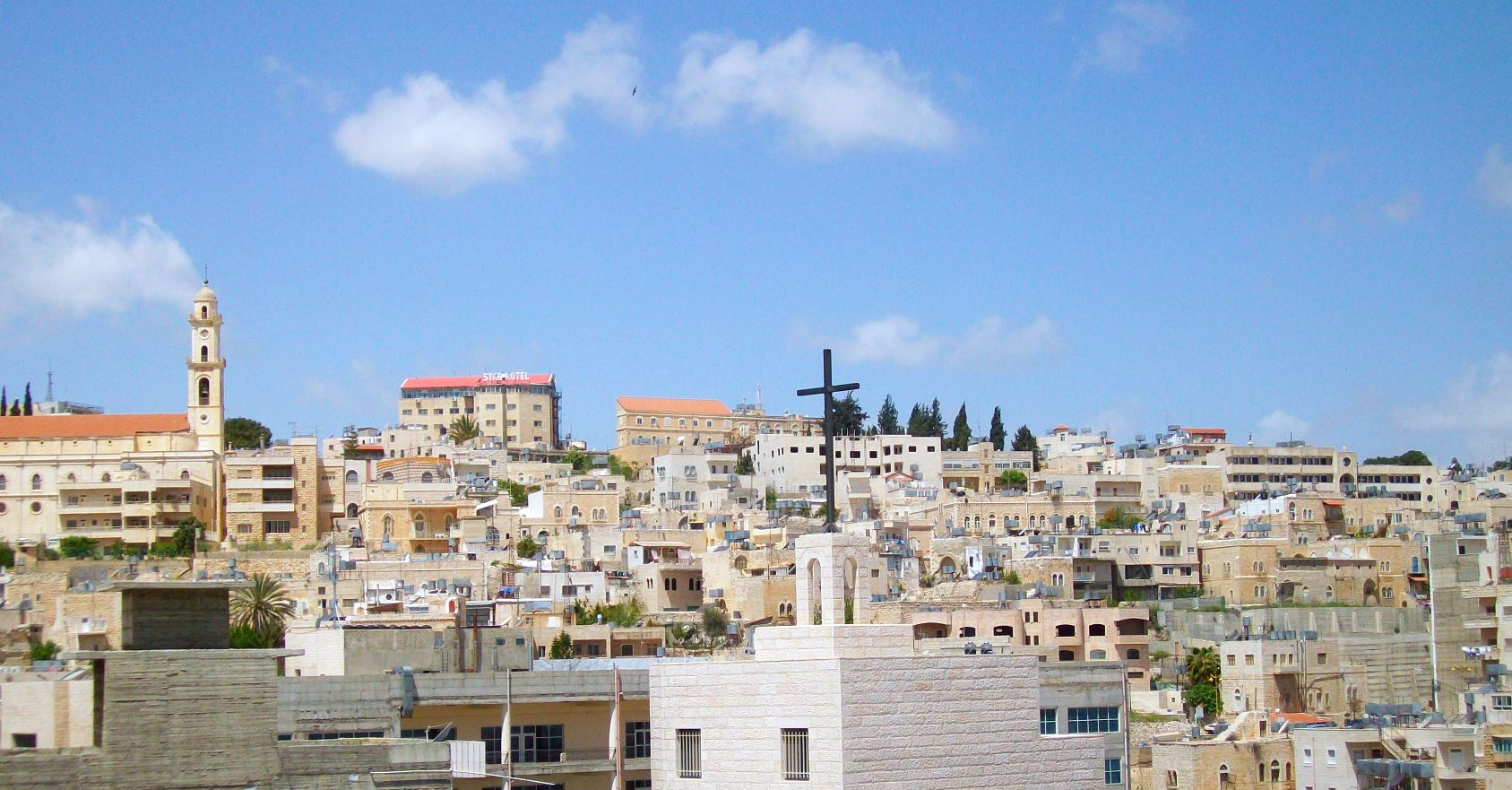JESUS CHRIST WAS known throughout his life as Jesus of Nazareth (for example Matthew 21:11). He was from a small village in the north of Israel. When the Roman governor put him to death he wrote the accusation on his cross: “Jesus of Nazareth, the King of the Jews” (John 19:19).
This might seem inconsequential to us, but it was one reason why many people in Jesus’ day could not accept him as the Messiah (the anointed king). Because the Jews knew that their Messiah would come from Bethlehem:
But you, Bethlehem Ephrathah, though you are little among the thousands of Judah, yet out of you shall come forth to Me the one to be ruler in Israel, whose goings forth are from of old, from everlasting (Micah 5:2).

Bethlehem was a town in the south of Israel in the Judean hill country. It was renowned as the birthplace of King David (1 Samuel 17:12). Everybody knew that the Messiah was going to be a descendant of David (Matthew 22:42).
Jesus’ Ancestry
Well over a thousand years before Jesus’ birth, the book of Ruth describes how a Bethlehemite called Elimelech, with his wife Naomi and their two sons, left Israel to escape a famine and settled in neighbouring Moab. Naomi lost her
The Little Town of Bethlehem
husband and both sons in Moab but she gained a faithful daughter-in-law, Ruth the Moabitess. When the famine was over Naomi returned to Bethlehem with Ruth.
Ruth married an Israelite called Boaz. They became the great grandparents of David, King of Israel. The genealogical records of Jesus show how he was descended from David, both biologically through his mother (Luke 3:23–38) and legally through the royal line with his step-father Joseph (Matthew 1:1–17).
Caesar Augustus was the Roman emperor when Jesus was born. He issued a decree that every man throughout his empire should register for taxation at the town of his ancestors (Luke 2:3). Joseph and Mary were living in Nazareth (Luke 1:26).
Joseph travelled down to Bethlehem, and took Mary because they were ‘espoused’ (engaged to be married). She was pregnant with Jesus the Son of God (Luke 1:35), and he was born in Bethlehem—just as the prophet had foretold!
The name Bethlehem means ‘House of bread’. There was a famine in Bethlehem, when the bread ran out. But in God’s good time, from this little town came the “living bread” which brings life to the world
(John 6:51).
John Kendall


